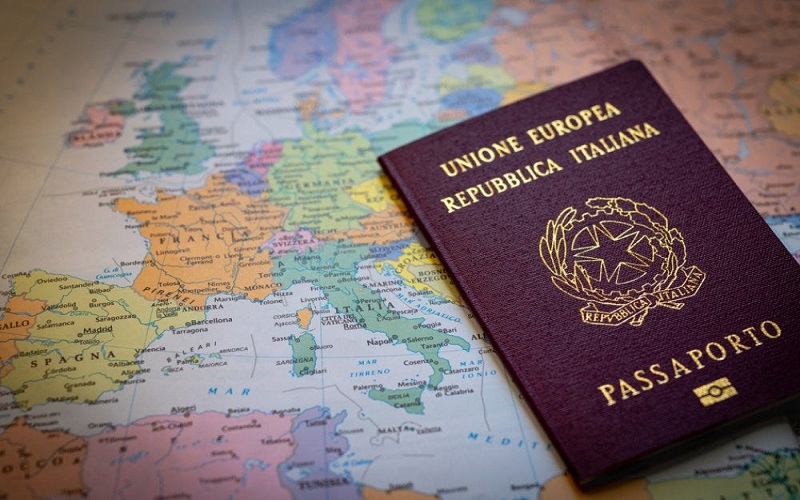In the heart of Europe lies a country renowned for its rich history, cultural heritage, and delectable cuisine. The reason why I chose this location is because of its abundant vistas and exciting festivals. For many people, Italian tourism is so interesting – besides being such a fabulous part of the world – because the chance to obtain citizenship exists, which is a big plus for everyone with Italian heritage. Whether it is the motivation of discovering the genealogy behind it or exercising EU citizenship, boiling it down to its simplest form, this journey can be pretty complex but simultaneously brings a sense of fulfillment.
Understanding jus sanguinis
The Jus sanguinis is one of the main principles that make the Italian citizenship laws transcend the place of birth and grant citizenship to those with an Italian familial background. Whereas jus soli (from the Latin for ‘right of the soil’) is the primary means of citizenship claim in other countries, Italy recognizes nationality along the lines of descent, often allowing several years of birth separation that can be linked back to the Italian forebears.
Eligibility criteria
Applicants wishing for Italian citizenship by birth must bring to the fore some requirements. Primarily, from the Italian ancestor you claim citizenship through, the Italian ancestor must have already been alive and been an Italian citizen at that particular period when you were born. Furthermore, continuity in citizenship from the ancestors to the family member is required; any naturalizations or renunciations of Italian citizenship within the family line can potentially be the disqualification factor for eligibility.
Documentary evidence
As an integral part of the process, you must submit documents to substantiate your claim for Italian citizenship based on your facts and provisions. That generally includes collecting birth, marriage, and death records for any ancestor in the direct lineage. The documents should be notarized and translated into Italian by an official translator or the embassy; the Italian consulate should recognize such a translator.
Navigating bureaucratic channels
Securing Italian citizenship often entails navigating bureaucratic channels, both within Italy and abroad. Generally, applicants file their citizenship applications at the Italian embassy or a consulate operating in their country of residence. Various consulates might set separate demands and durations of application processing, which lends the institutional function another layer of complexity.
Language and integration requirements
While Italian native language abilities are not a condition for citizenship by descent, citizenship applicants must show their comprehension of the Italian language and culture, which is the basis for citizenship. The consulate or embassy typically accomplishes this need for an interview through a corresponding interview. Further, some Italian areas will probably have integration facilitation initiatives for incoming citizens to enhance their integration into Italy’s social life.
Benefits of Italian Citizenship
Italian citizenship gives me a life-changing opportunity. I can easily live in and pursue my career in Italy or another country without obtaining a visa. Through the benefits of the NHS access to health, education, and social services, all citizens’ natives are at par with them. In addition, Italian citizenship also extends to immediate relatives, enabling the holder to pass on their citizenship to the subsequent generations as well.
Conclusion
For the people whose Italian roots run through their veins, becoming Italian citizens is a legal status and a journey of discovering who they are and touching tradition. Clear rules of becoming a citizen by the decedent Italian might be burdensome, but the advantages are priceless. One would feel transported into a world of possibilities, from the Roman streets with their cobblestone to the vineyards in Tuscany. It brings people together with their past and looks into the future as they become citizens of Italy and UE.
To conclude, eligibility for Italian nationality depends upon several centuries-old practices, enormous paperwork, and the extended family. However, it must be noted that a trip to obtain citizenship can be quite an affair; destiny, the effort is worth it, offering citizenship and a reborn identity and belonging in a homeland called Italy.




